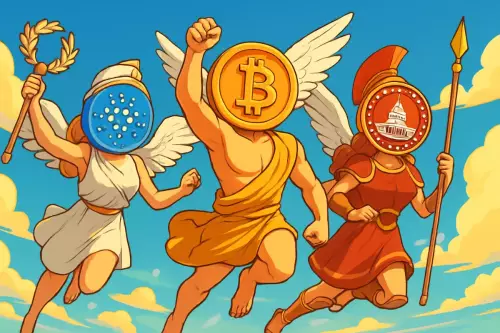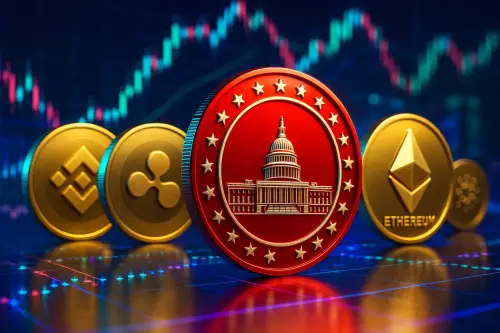Exploring how Bitcoin is emerging as a strategic asset for national reserves, impacting global markets and challenging traditional financial norms.

Bitcoin, National Reserves, and Global Markets: A New Era?
The intersection of Bitcoin, national reserves, and global markets is becoming increasingly significant. Nations are starting to consider Bitcoin as a strategic asset, potentially reshaping the future of global finance. Let's dive into this evolving landscape.
The Philippines' Bold Move: A Strategic Bitcoin Reserve
In August 2025, the Philippines proposed establishing a sovereign Bitcoin reserve, aiming to acquire 10,000 BTC over five years. This initiative, outlined in House Bill No. 421, positions the Philippines as a forward-thinking economy and a potential leader in digital asset adoption among central banks. It signals a growing recognition of Bitcoin's legitimacy as an inflation-resistant store of value.
A Global Trend: Rethinking Reserve Strategies
The Philippines' proposal is part of a broader trend. As of 2025, several countries are already holding significant amounts of Bitcoin as part of their reserves. This shift reflects concerns about the fragility of fiat currencies and the potential of Bitcoin as a hedge against inflation and geopolitical risks. Nations are hedging against the alarming rates since 2020's fiat currencies.
Bitcoin vs. Gold: A Modern-Day Digital Gold?
Bitcoin's fixed supply and decentralized nature offer a stark contrast to fiat currencies. Unlike gold, Bitcoin offers programmability, verifiability, and near-instant global transferability. This makes it an attractive alternative for central banks and sovereign wealth funds looking for a modern-day “digital gold.”
Economic Rationale: A Long-Term Play
The Philippines' 20-year lock-up period for its Bitcoin reserve ensures it's treated as a strategic asset rather than a speculative tool. This approach mirrors similar initiatives, reflecting a recognition that Bitcoin's scarcity makes it a superior hedge against fiat devaluation. Diversifying reserves into Bitcoin could reduce reliance on traditional assets like U.S. dollars and gold.
Bitcoin's Performance: Outpacing Traditional Assets
From 2020 to 2025, Bitcoin has demonstrated its value as an inflation-resistant asset, outpacing gold and U.S. Treasuries. The 2024 Bitcoin Halving further reinforced its scarcity narrative. As supply growth slows, demand from institutions and sovereigns is accelerating.
Implications for Investors: Positioning for the Future
The Philippines' initiative validates Bitcoin's role in diversified portfolios. A small allocation to Bitcoin can improve a portfolio's risk-adjusted returns. With more countries joining the sovereign accumulation, Bitcoin's supply-side tightening could drive further price appreciation.
Final Thoughts
The Strategic Bitcoin Reserve Act in the Philippines is more than just a national policy; it's a sign of things to come. As Bitcoin gains traction among central banks, its market cap could surge. So, buckle up, folks! The world of finance is about to get a whole lot more interesting!
Disclaimer:info@kdj.com
The information provided is not trading advice. kdj.com does not assume any responsibility for any investments made based on the information provided in this article. Cryptocurrencies are highly volatile and it is highly recommended that you invest with caution after thorough research!
If you believe that the content used on this website infringes your copyright, please contact us immediately (info@kdj.com) and we will delete it promptly.













































































